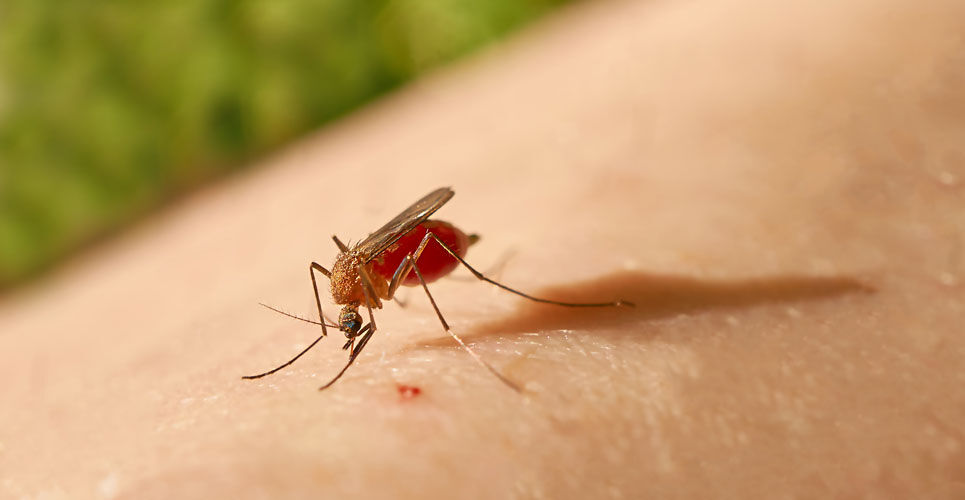The R21/Matrix-M vaccine continued to provide acceptable efficacy against malaria in children two years after the initial vaccination schedule
The malaria vaccine, R21/Matrix-M continues to provide a high degree of efficacy against the disease in children, two years after the initial primary vaccination regime following a 12 month booster dose according to the findings of a study by a research team based at the Jenner Institute, University of Oxford, and in collaboration with researchers from Burkina Faso.
Malaria is a life-threatening disease caused by Plasmodium falciparum (P falciparum), a parasite that is transmitted via the bite of infected female Anopheles mosquitoes. According to the World Health Organization (WHO), in 2020, there were an estimated 241 million global cases of malaria and 627 000 deaths. Moreover, in a 2021 report WHO noted how Sub-Saharan Africa continues to carry the heaviest malaria burden, accounting for about 95% of all malaria cases and 96% of all deaths in 2020. Additionally, about 80% of deaths in the region are among children under 5 years of age. WHO set a target in 2013 that a vaccine for malaria should show greater than or equal to 75 percent efficacy. Previous work demonstrated that three vaccination of low-dose R21/Matrix-M, administered at 4-week intervals before the malaria season, with a fourth dose 1 year later, provided an efficacy of 77%.
The current study provides follow-up data from the original R21/Matrix-M randomised, placebo-controlled trial and reports on the vaccine efficacy over the 12 months following the first booster, i.e., a 24 month period after the primary vaccination regime. For the study, researchers used a primary case definition of clinical malaria as an axillary temperature of 37·5°C or greater.
R21/Matrix-M efficacy against malaria in children
The researchers included 409 children with a mean age of 11.6 years (49% male) at their first vaccine dose and who were followed after their 12 month booster dose, administered before the second malaria season. The data set included 132 given the low dose, group 1 (5 μg R21 adjuvanted with 25 μg Matrix-M), 137 the higher dose, group 2 (5μg R21 adjuvanted with 50μg Matrix-M) and 140 who received a control vaccine. Adequate use of insecticide-treated nets before the second malaria season was 89% overall and indoor residual spraying was done in 43% of households.
Based on the primary case definition, there were 242 cases with at least one episode of malaria from 14 days to 12 months after the booster vaccination. Among those in group 1, this represented a vaccine efficacy of 70% (95% CI 59 – 78) and 80% (95% CI 72 – 85) in group 2 compared with the control group, after adjustment for sex, age and adequate bed net use.
When researchers re-assessed R21/Matrix-M at 24 months after the primary vaccination regime, the vaccine efficacy was 66% (95% CI 55 – 74) for group 1 and 75% (95% CI 66 – 81) for group 2.
The authors concluded that when delivered seasonally, the R21/Matrix-M malaria vaccine maintained high efficacy and that these findings suggest the vaccine strategy could have a substantial impact in areas of highly seasonal malaria transmission in Africa.
Citation
Datoo MS et al. Efficacy and immunogenicity of R21/Matrix-M vaccine against clinical malaria after 2 years’ follow-up in children in Burkina Faso: a phase 1/2b randomised controlled trial Lancet Infect Dis 2022

